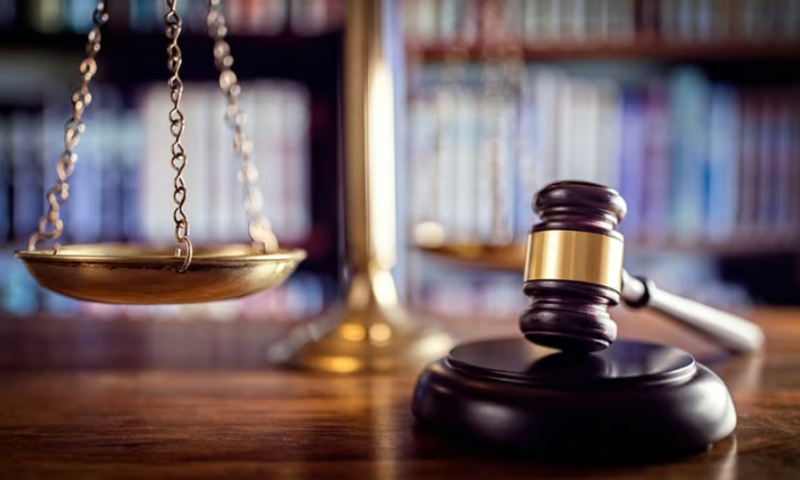Earlier this year, Philips set aside 575 million euros ($615 million) to prepare for a settlement over one set of complaints filed in the massive U.S. class-action lawsuit over the company’s ongoing recall of millions of CPAP and BiPAP machines, ventilators and other respiratory devices.
Like clockwork, that predicted settlement has now been reached, and Philips noted in an announcement Thursday that it will indeed be dipping into that provisional cash to cover the payouts.
The settlement—which is scheduled to be submitted to a federal court in Pennsylvania for approval later Thursday—covers only economic loss claims submitted through the class action. Hundreds of additional personal injury and wrongful death claims, plus requests for medical monitoring, still have yet to be tied off.
If approved by the court, according to Philips, the settlement will provide cash awards to all eligible users who file economic loss claims, with the award amount determined based on their device type. It’ll also extend the warranties on all replacement devices distributed by Philips and dole out additional payments to customers who return their recalled devices and to those who paid out of pocket for replacement machines after the recall began in June 2021.
Philips’ total cost for the settlement is still up in the air. It will depend on how many patients participate and the size of the additional fees levied by the court spanning notice, settlement administration and legal fees, all of which the Dutch conglomerate will be required to cover.
In a statement sent to Fierce Medtech, lawyers for the class action’s plaintiffs said the company will start by paying at least $479 million into a settlement fund, with that number increasing as more recalled devices are returned. The device payment awards will range from about $55 to $1,552, plus another $100 for each device returned to Philips and additional awards to reimburse the costs of replacement devices.
Because the settlement fund is non-reversionary, anything left over after those payments are complete will be distributed to eligible complaint filers, according to the plaintiffs’ legal team.
Members of the class-action suit will be able to file a claim on the settlement’s official website once it’s approved. According to Philips, those payouts aren’t expected to begin until the first quarter of next year “at the earliest”—while customers who send their recalled machines back to the devicemaker will be “eligible to receive awards on an accelerated basis,” the plaintiffs’ attorneys noted.
The company added in the release that agreeing to the settlement “does not include or constitute any admission of liability, wrongdoing or fault by any of the Philips parties.”
In their statement, meanwhile, the plaintiffs’ attorneys called the agreement “an important step towards justice.”
“While this settlement marks a significant milestone, our work is far from finished,” they said. “We will continue to pursue personal injury and medical monitoring claims on behalf of all plaintiffs against Philips, which are specifically excluded from this resolution. We are confident in these claims, and we look forward to holding Philips accountable for the physical harms they caused patients.”
The plaintiffs’ legal team includes attorneys from the firms Levin Sedran & Berman, Lynch Carpenter, Seeger Weiss and Chimicles Schwartz Kriner & Donaldson-Smith.
For its part, despite the tens of thousands of complaints that the FDA has tallied since the recall began two years ago, Philips has released test results suggesting that the disintegrating sound-abating foam at the heart of the recall “is unlikely to result in an appreciable harm to health in patients.” It’s in the process of attempting to get the noneconomic loss claims dismissed.

